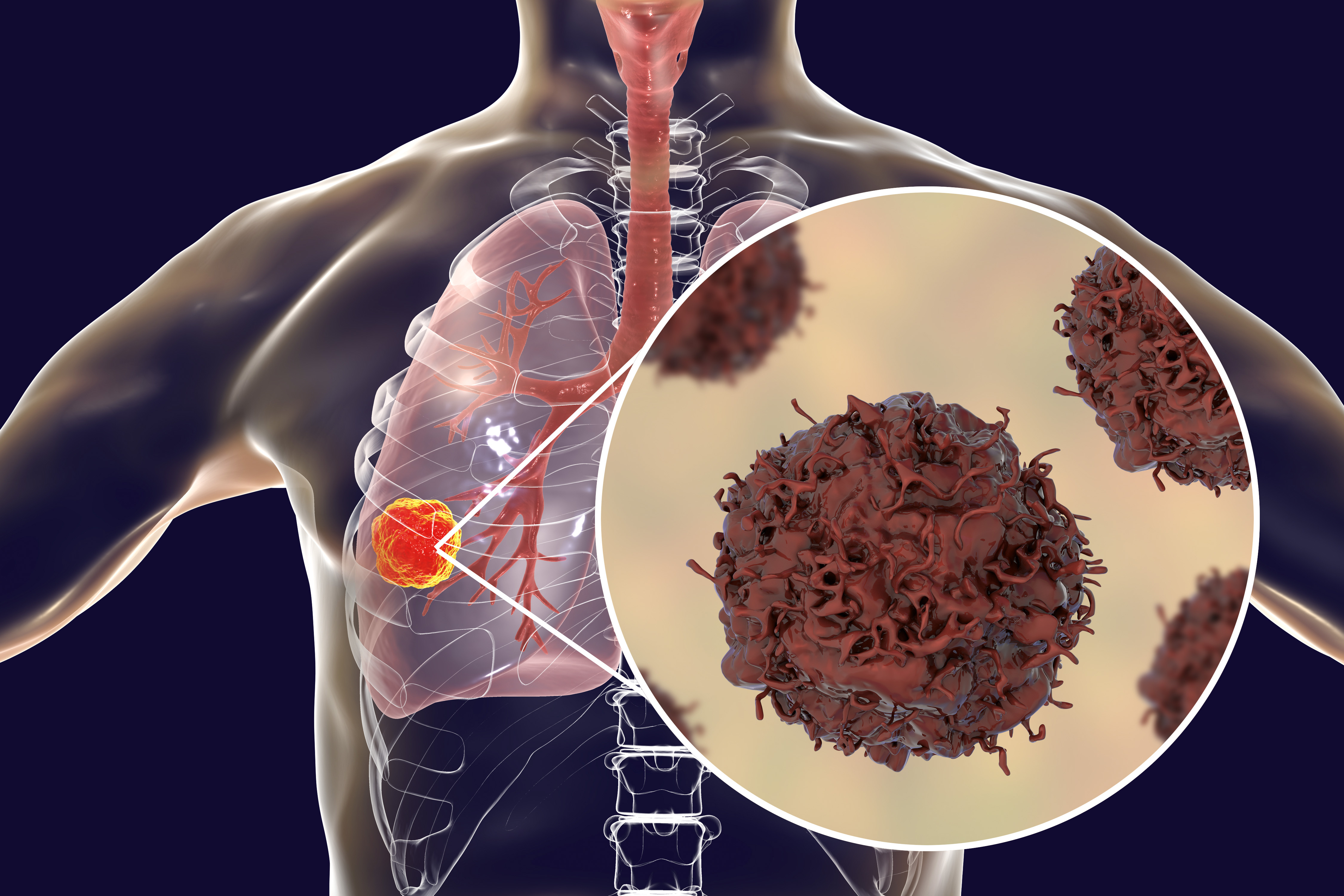 The Surgical Oncology Division at Rutgers Cancer Institute combines fellowship-trained surgeons with the most advanced technologies and innovative surgical techniques to treat the entire spectrum of cancer – from benign disease to the most complex cases. Our physicians perform many surgical procedures using minimally invasive techniques, including laparoscopic, and robotic-assisted surgery, which reduce tissue damage and decrease pain, promote faster recovery times, and improve patient outcomes. Rutgers Cancer Institute is one of the few centers in the region whose surgeons have vast expertise in managing patients’ disease through the unique treatment option called HIPEC (hyperthermic intraperitoneal chemotherapy) to treat cancers that have spread to the abdominal cavity – a condition known as peritoneal metastases. Our surgical oncologists are also world-renowned cancer researchers who are investigating the effects of combining innovative surgical techniques with medical and radiation oncology, enabling us to offer our patients the opportunity to participate in cutting-edge clinical trials.
The Surgical Oncology Division at Rutgers Cancer Institute combines fellowship-trained surgeons with the most advanced technologies and innovative surgical techniques to treat the entire spectrum of cancer – from benign disease to the most complex cases. Our physicians perform many surgical procedures using minimally invasive techniques, including laparoscopic, and robotic-assisted surgery, which reduce tissue damage and decrease pain, promote faster recovery times, and improve patient outcomes. Rutgers Cancer Institute is one of the few centers in the region whose surgeons have vast expertise in managing patients’ disease through the unique treatment option called HIPEC (hyperthermic intraperitoneal chemotherapy) to treat cancers that have spread to the abdominal cavity – a condition known as peritoneal metastases. Our surgical oncologists are also world-renowned cancer researchers who are investigating the effects of combining innovative surgical techniques with medical and radiation oncology, enabling us to offer our patients the opportunity to participate in cutting-edge clinical trials.
Rutgers Cancer Institute and Rutgers Robert Wood Johnson Medical School offer a Breast Surgery Fellowship and a two-year ACGME accredited Fellowship in Complex General Surgical Oncology for board-eligible general surgeons who wish to attain subspecialty certification for the practice of general surgical oncology. Learn more about investing in tomorrow’s care through our fellowship programs.
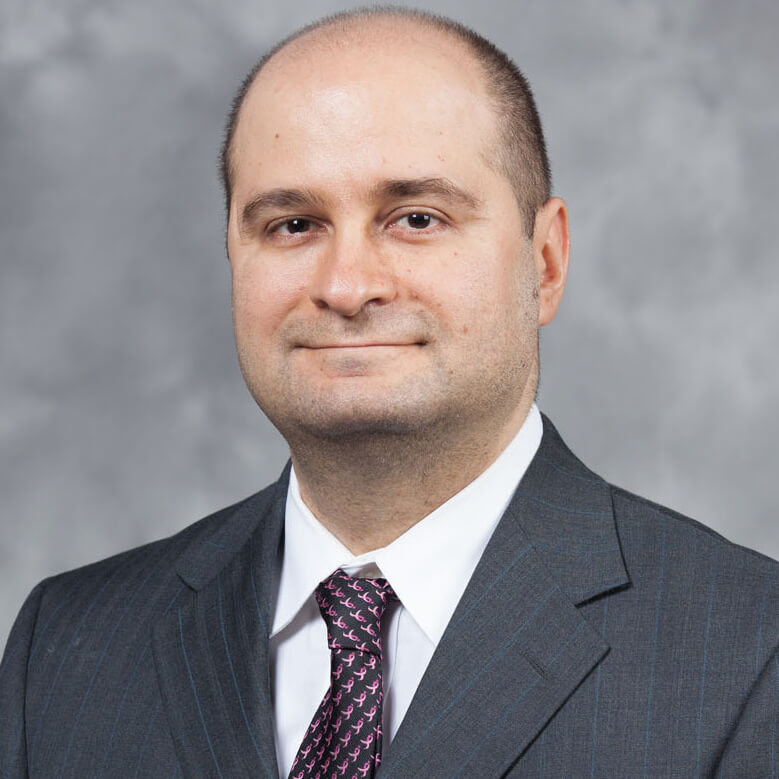
- Breast Surgical Oncologist
- Associate Professor of Surgery, Rutgers Robert Wood Johnson Medical School
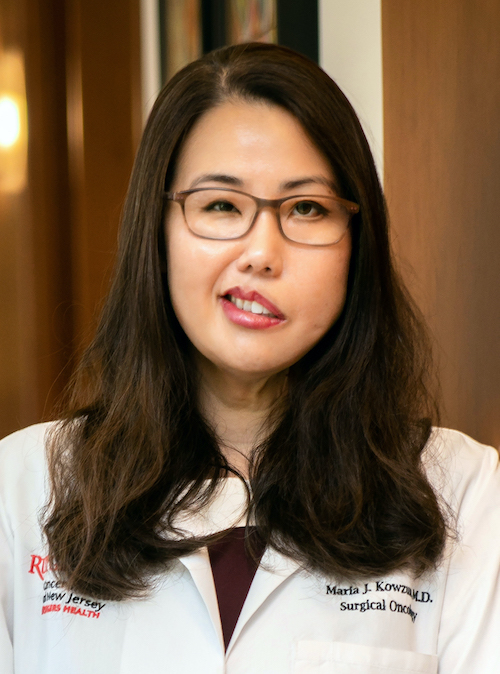
- Breast Surgical Oncologist
- Medical Director, Center for Breast Health and Disease Management, Clara Maass Medical Center, RWJBarnabas Health
- Associate Professor of Surgery, Division of Surgical Oncology and Section of Breast Surgery
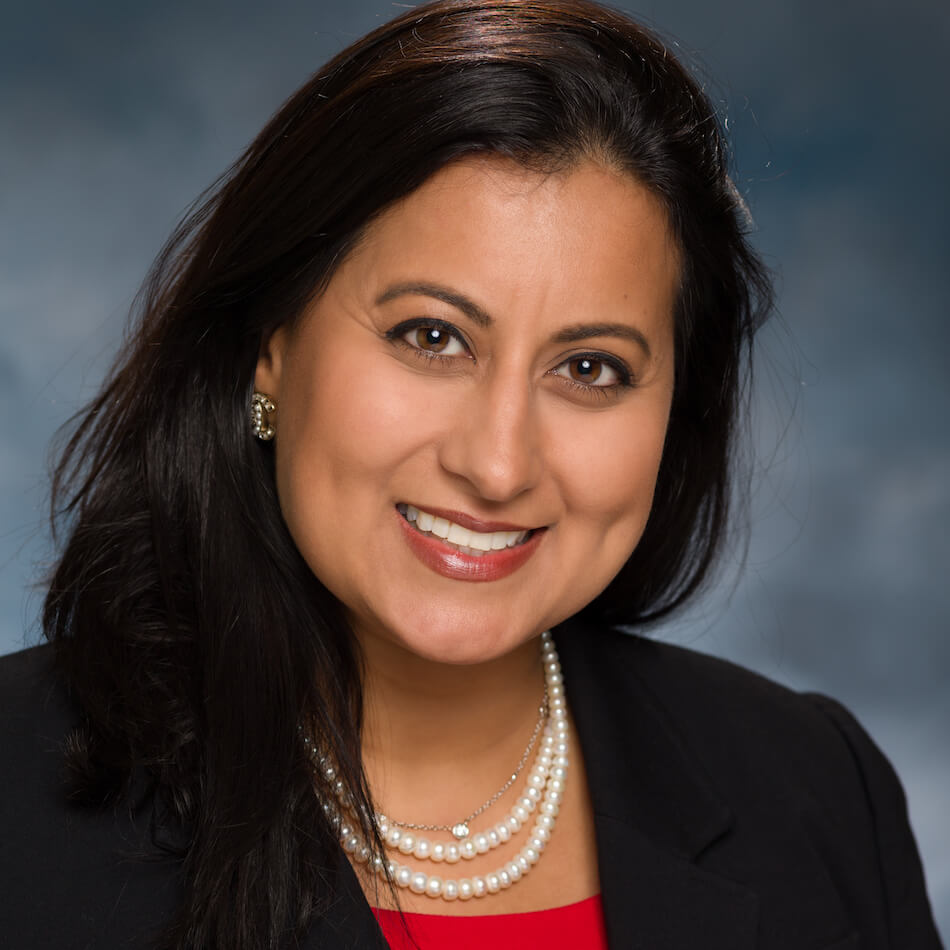
- Surgical Oncologist
- Associate Professor of Surgery, Rutgers Robert Wood Johnson Medical School
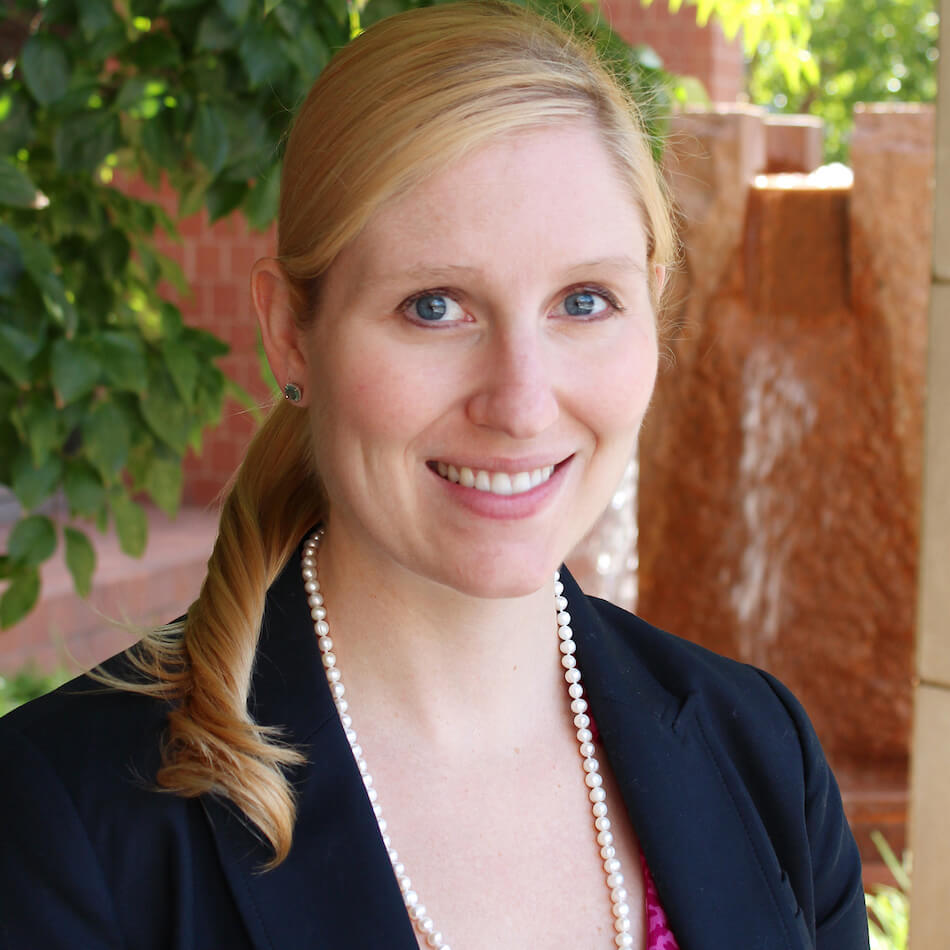
- Surgical Oncologist

- Surgical Oncologist, Rutgers Cancer Institute
- Assistant Professor of Surgery, Rutgers Robert Wood Johnson Medical School
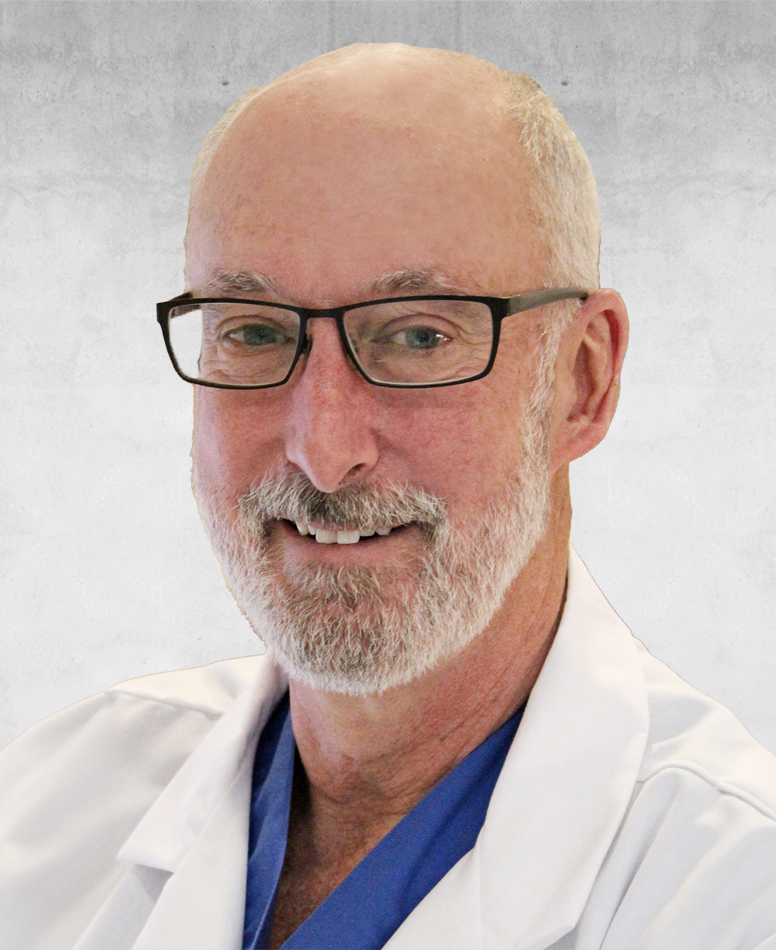
- Chief Surgical Officer,
- Chief, Surgical Oncology, Rutgers Cancer Institute;
- System Director of Surgical Oncology, RWJBarnabas Health;
- Surgeon-in-Chief of the Jack & Sheryl Morris Cancer Center
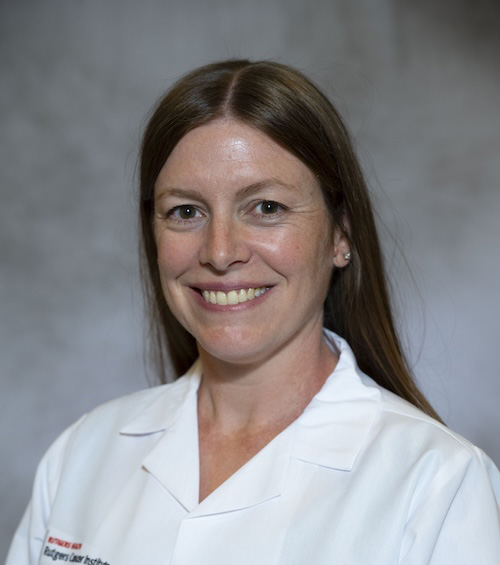
- Endocrine Surgeon
- Associate Professor of Surgery, Rutgers Robert Wood Johnson Medical School
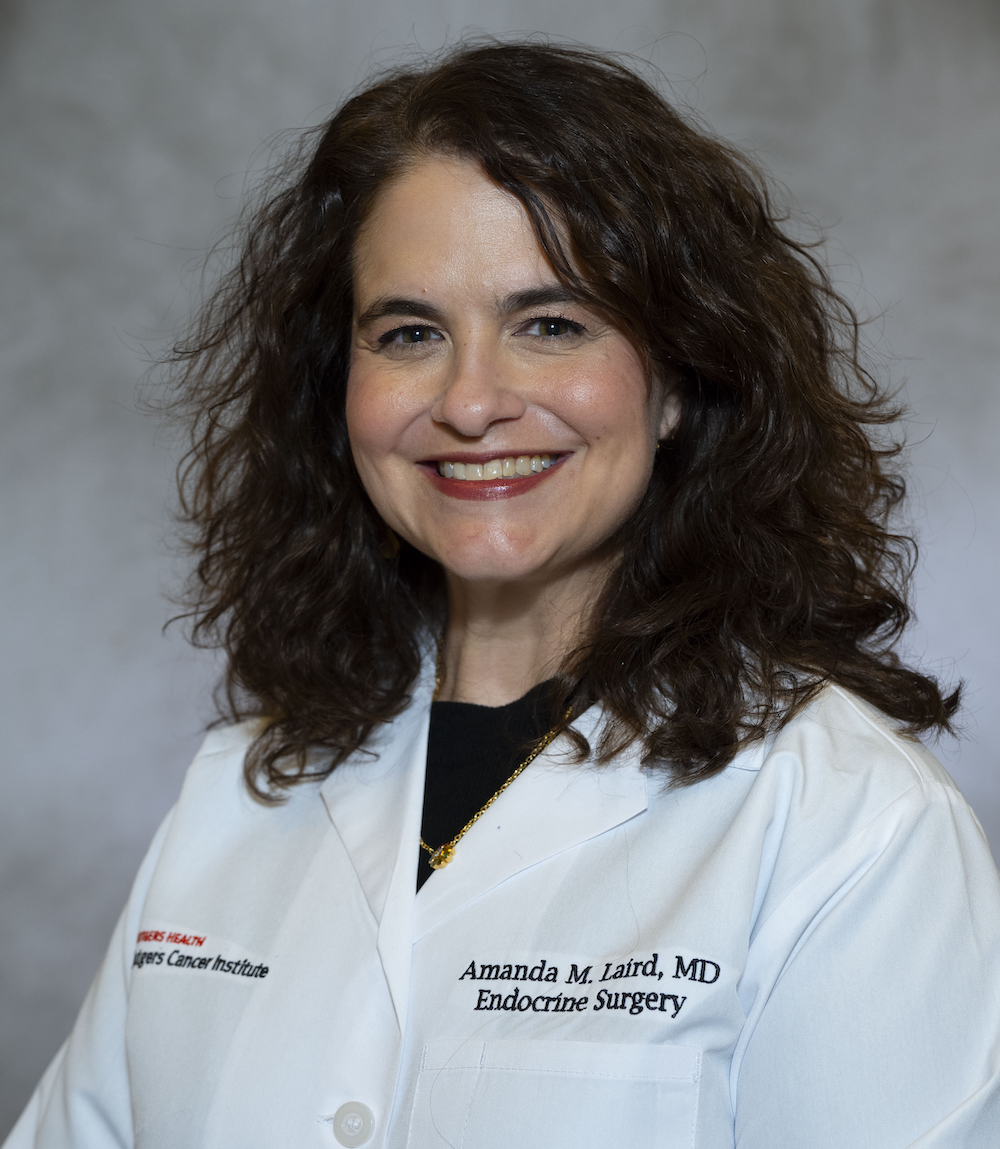
- Chief, Section of Endocrine Surgery
- Endocrine Surgeon
- Professor of Surgery, Rutgers Robert Wood Johnson Medical School
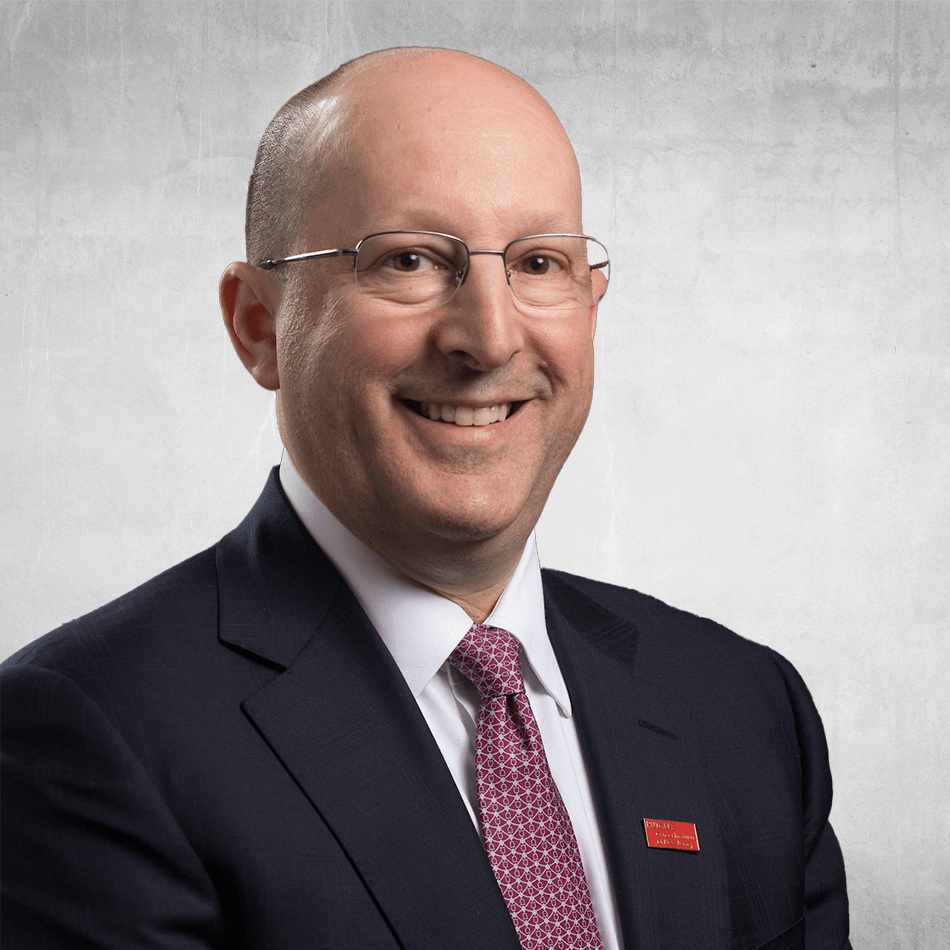
- William N. Hait Director, Rutgers Cancer Institute
- Vice Chancellor for Cancer Programs, Rutgers Biomedical and Health Sciences
- Senior Vice President, Oncology Services, RWJBarnabas Health
- Professor of Surgery, Rutgers Robert Wood Johnson Medical School
- Affiliated Distinguished Professor in Genetics, Rutgers School of Arts and Sciences

- Chief Surgical Officer,
- Chief, Surgical Oncology, Rutgers Cancer Institute;
- System Director of Surgical Oncology, RWJBarnabas Health;
- Surgeon-in-Chief of the Jack & Sheryl Morris Cancer Center
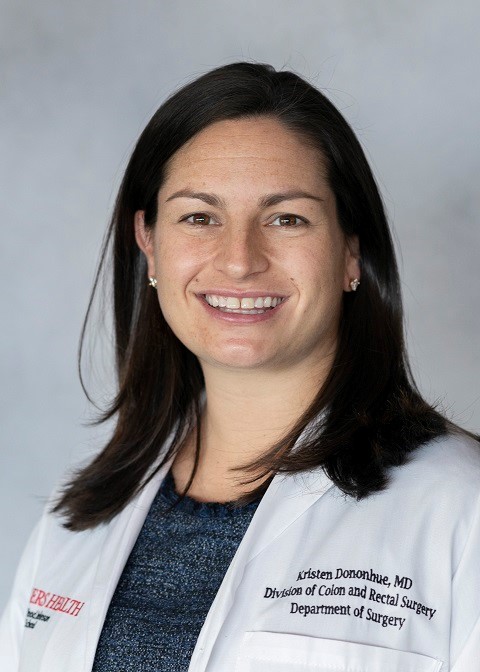
- Colorectal Surgeon, General Surgeon
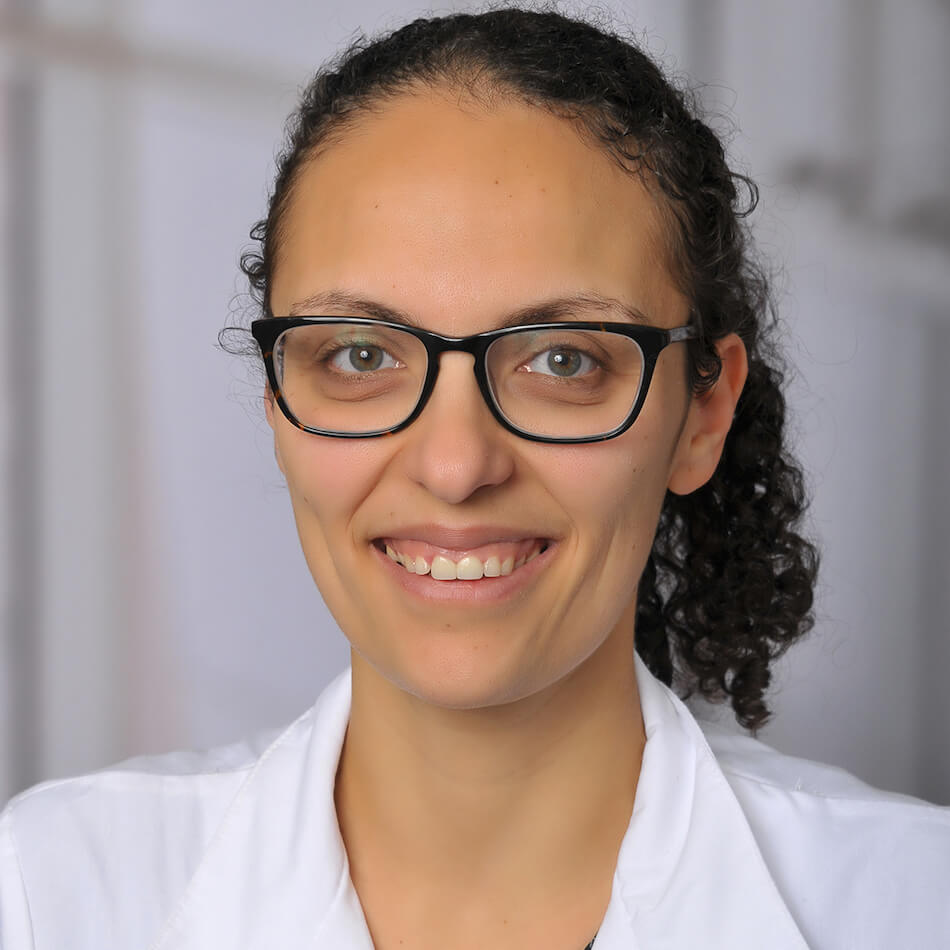
- Surgical Oncologist
- Assistant Professor in the Department of Surgery, Division of Surgical Oncology,
- and Section of Gastrointestinal Oncology at the Rutgers Robert Wood Johnson Medical School
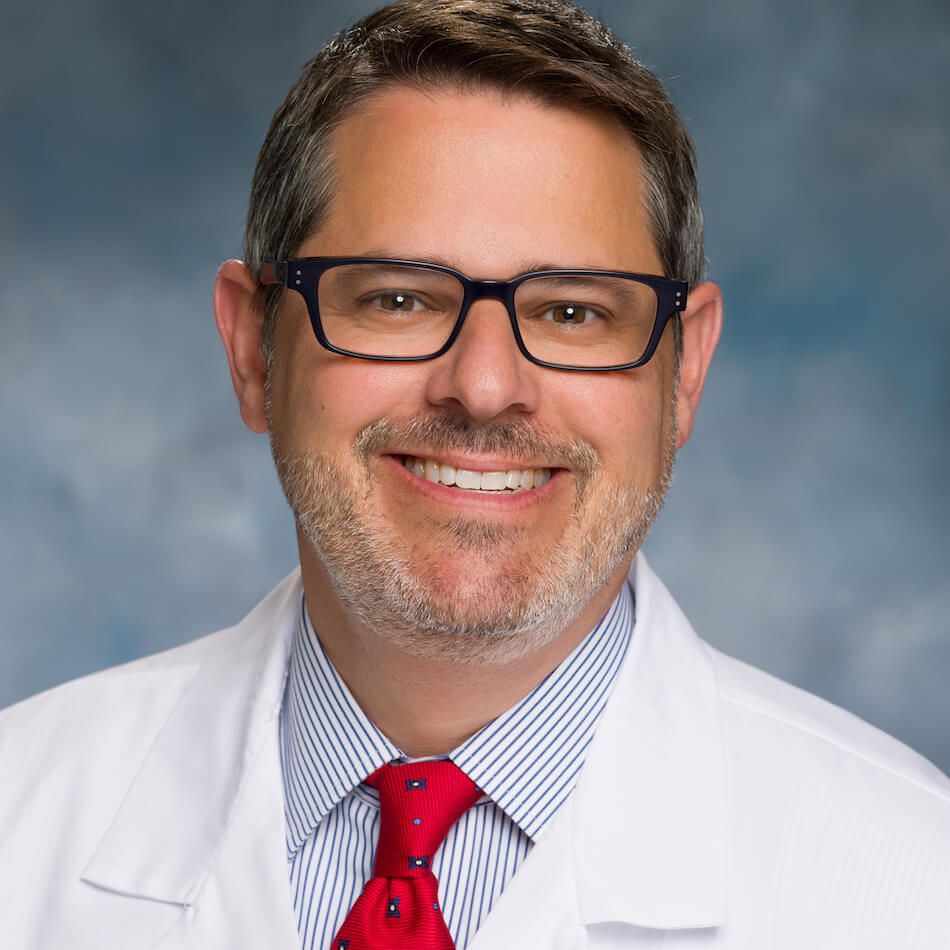
- Chief, Colorectal Surgery
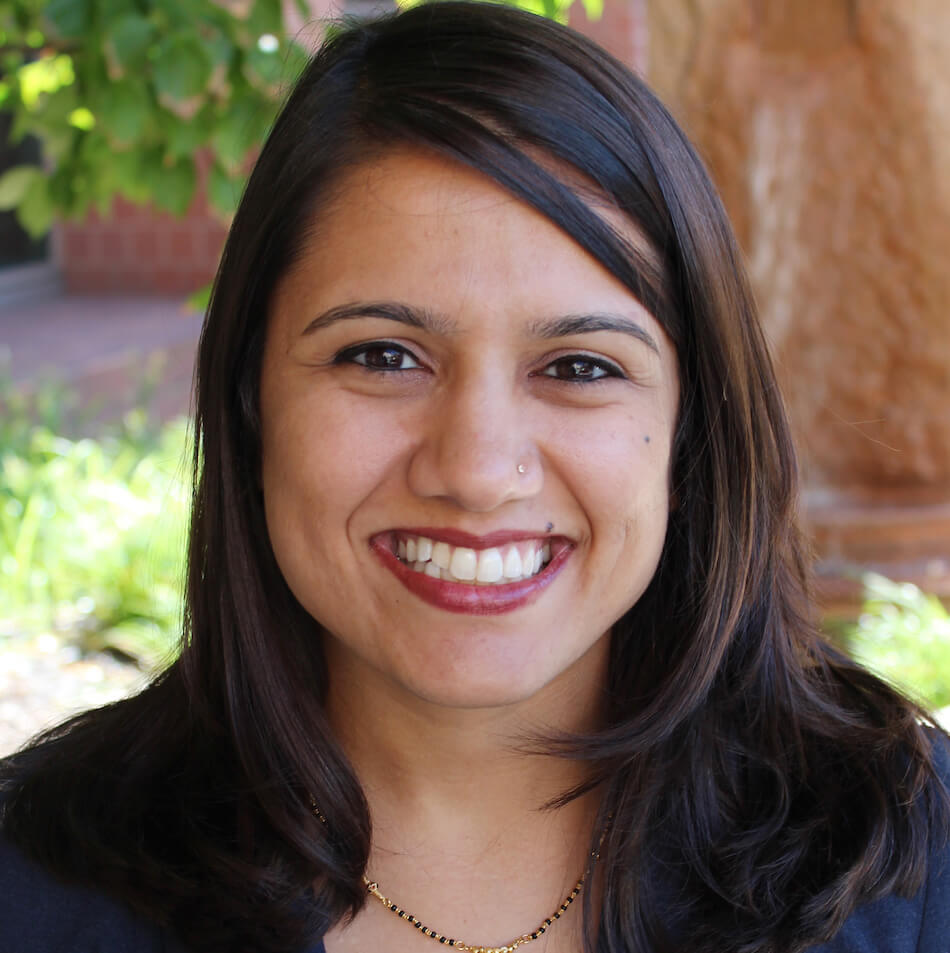
- Director of Hepatobiliary Surgery
- Surgical Oncologist
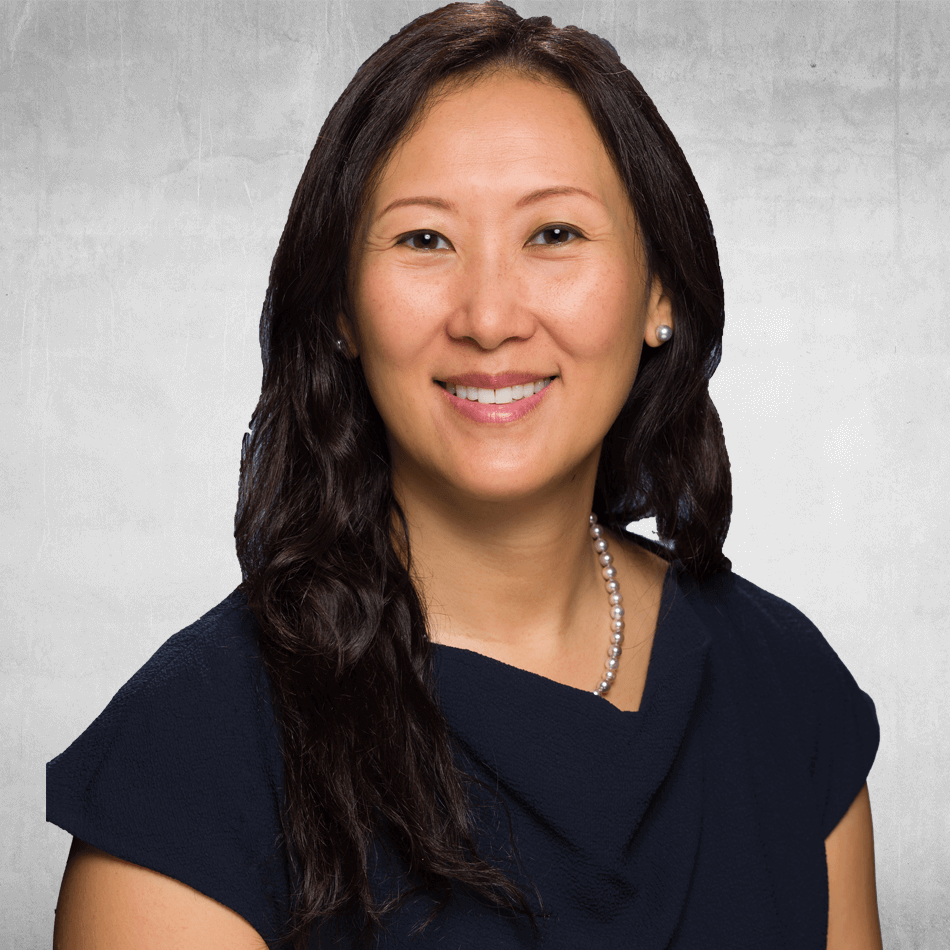
- Chief Strategic Excellence and Engagement Officer
- Associate Director of Strategic Excellence and Engagement
- Surgical Oncologist
- Associate Professor of Surgery, Robert Wood Johnson Medical School
- Associate Professor of Health, Behavior and Policy, Rutgers School of Public Health
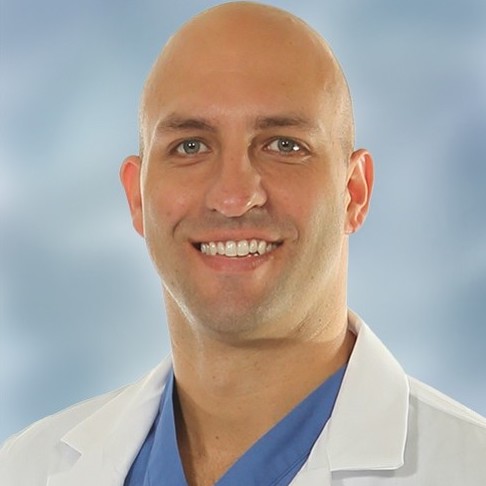
- Associate Chief Surgical Officer, System Integration and Quality
- Director of Surgical Oncology, Northern Region, RWJBarnabas Health | Rutgers Cancer Institute
- Chief of Surgical Oncology & Hepatopancreatobiliary Surgery, Cooperman Barnabas Medical Center
- Surgical Oncologist
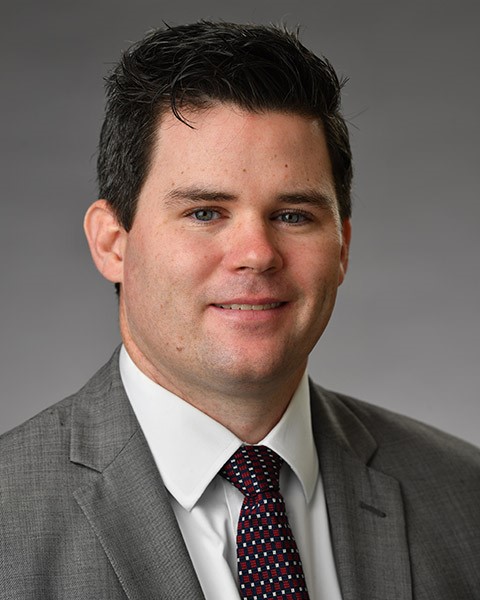
- Colorectal Surgeon, General Surgeon
- Assistant Professor of Surgery, Rutgers Robert Wood Johnson Medical School
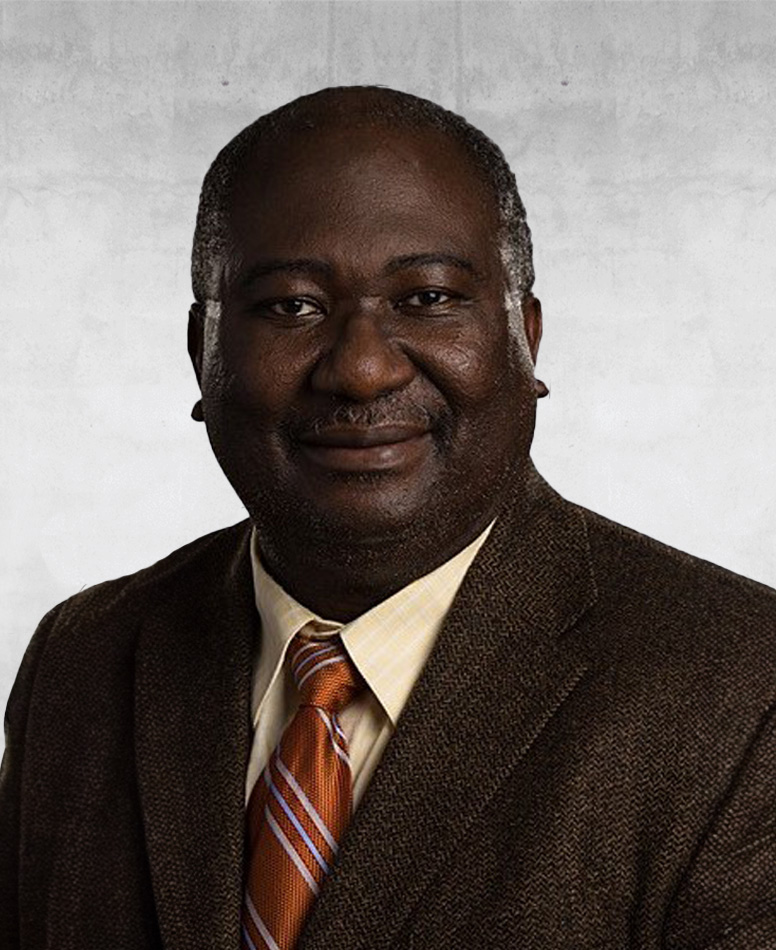
- Chief, Gynecologic Oncology;
- Associate Professor of OB/GYN and Reproductive Sciences;
- Program Director for the Gynecologic Oncology Fellowship Program at Rutgers Robert Wood Johnson Medical School
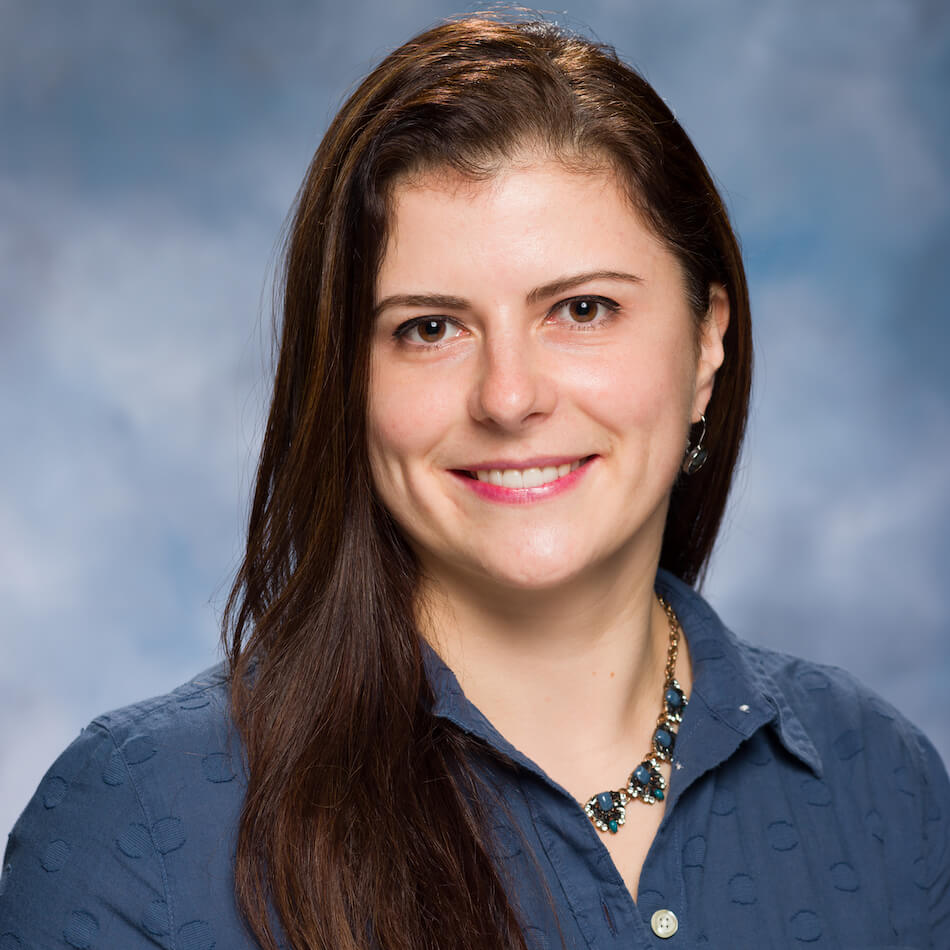
- Gynecologic Oncologist
- Associate Chief of Surgical Officer Research, Rutgers Cancer Institute
- Associate Professor of Obstetrics, Rutgers Robert Wood Johnson Medical School
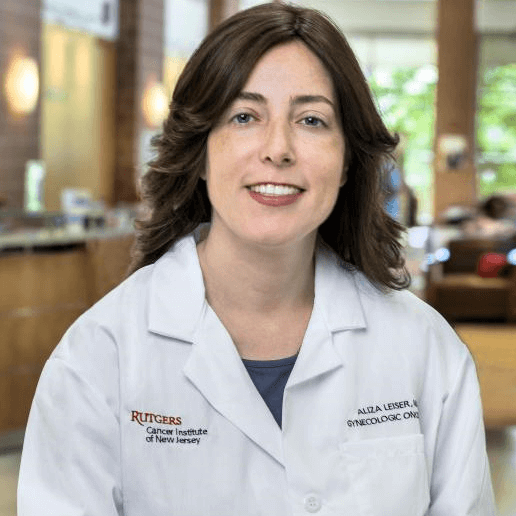
- Gynecologic Oncologist
- Associate Professor, Rutgers Robert Wood Johnson Medical School

- Gynecologic Oncologist
- Assistant Professor of Obstetrics/Gynecology and Reproductive Sciences
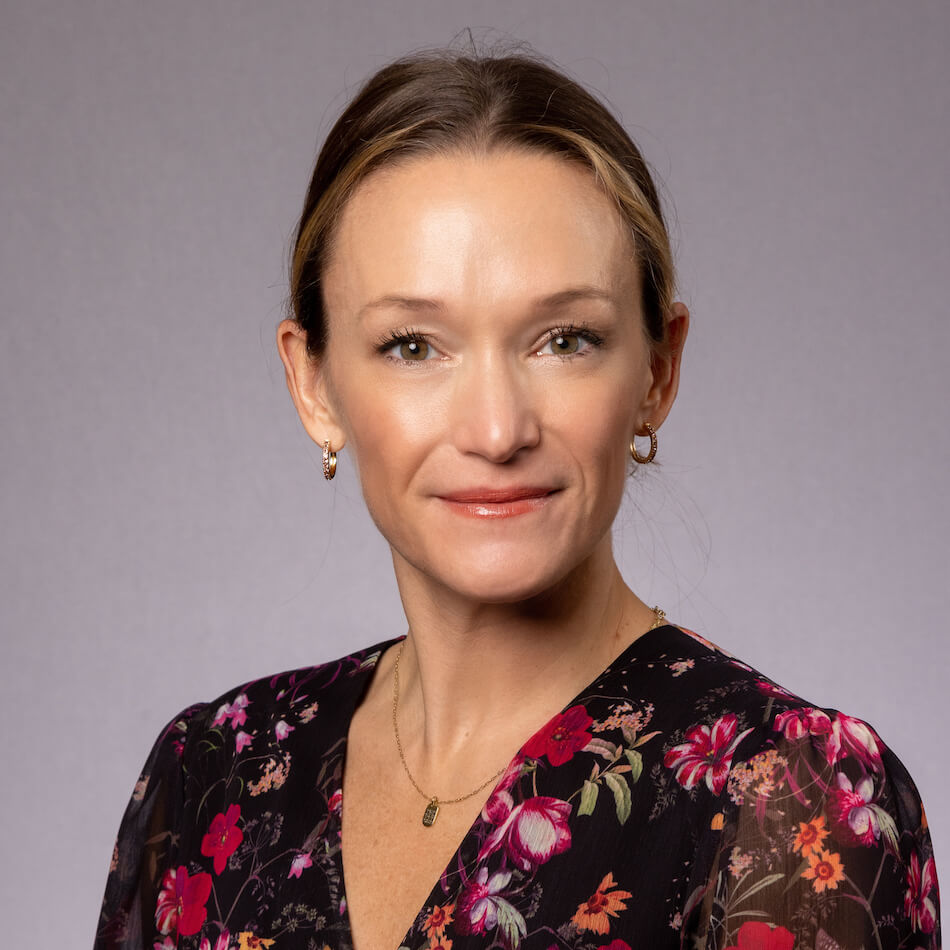
- Gynecologic Oncologist
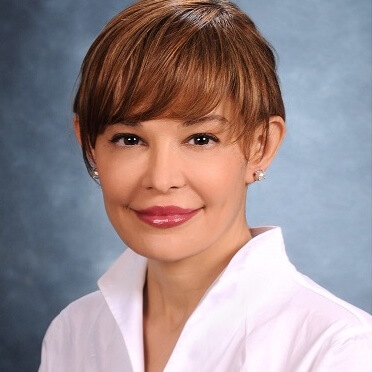
- Associate Professor of Surgery, Dermatology/Oncology
- Division of Surgical Oncology, Section of Melanoma and Soft Tissue Oncology

- Surgical Oncologist, Rutgers Cancer Institute
- Associate Professor of Surgery, Rutgers Robert Wood Johnson Medical School
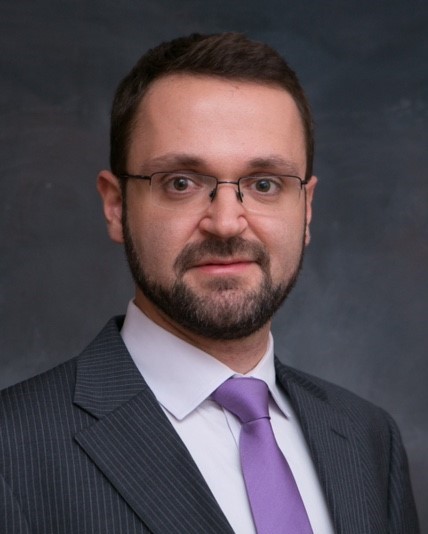
- Thoracic Surgeon
- Assistant Professor of Surgery, Rutgers Robert Wood Johnson Medical School
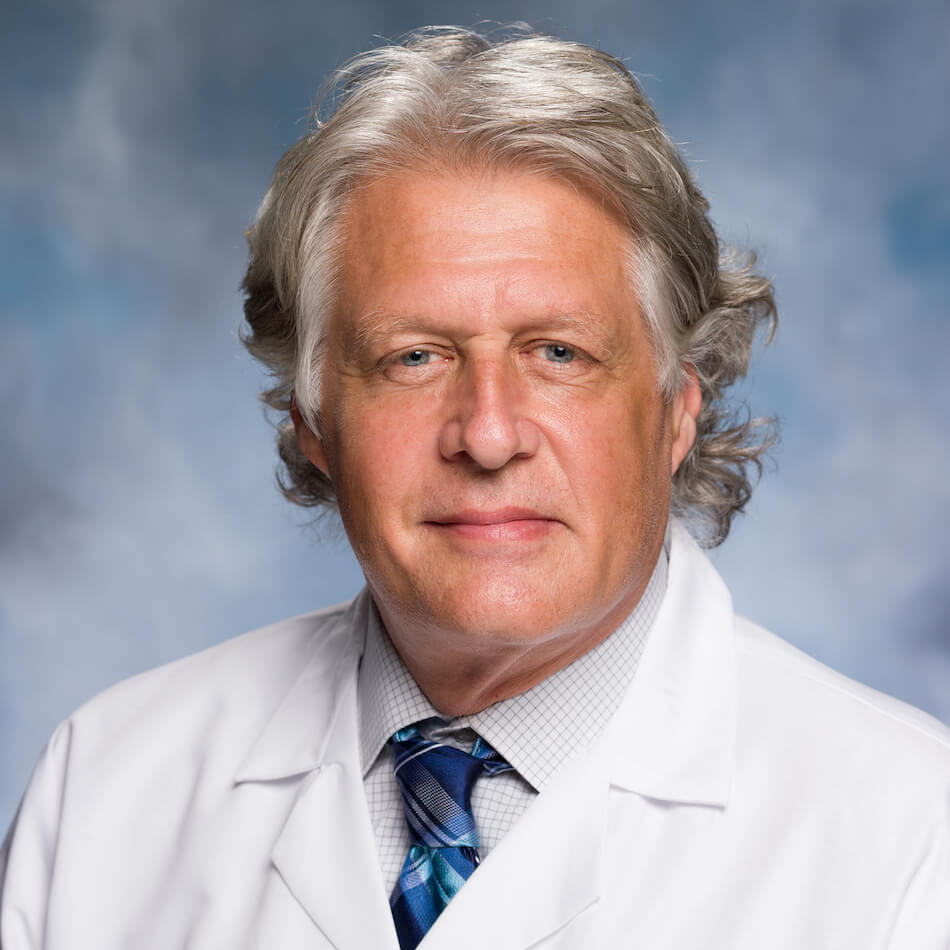
- Director, Thoracic Oncology Program
- Thoracic Surgeon

- Chief of Thoracic Surgery, Southern Region, RWJBarnabas Health
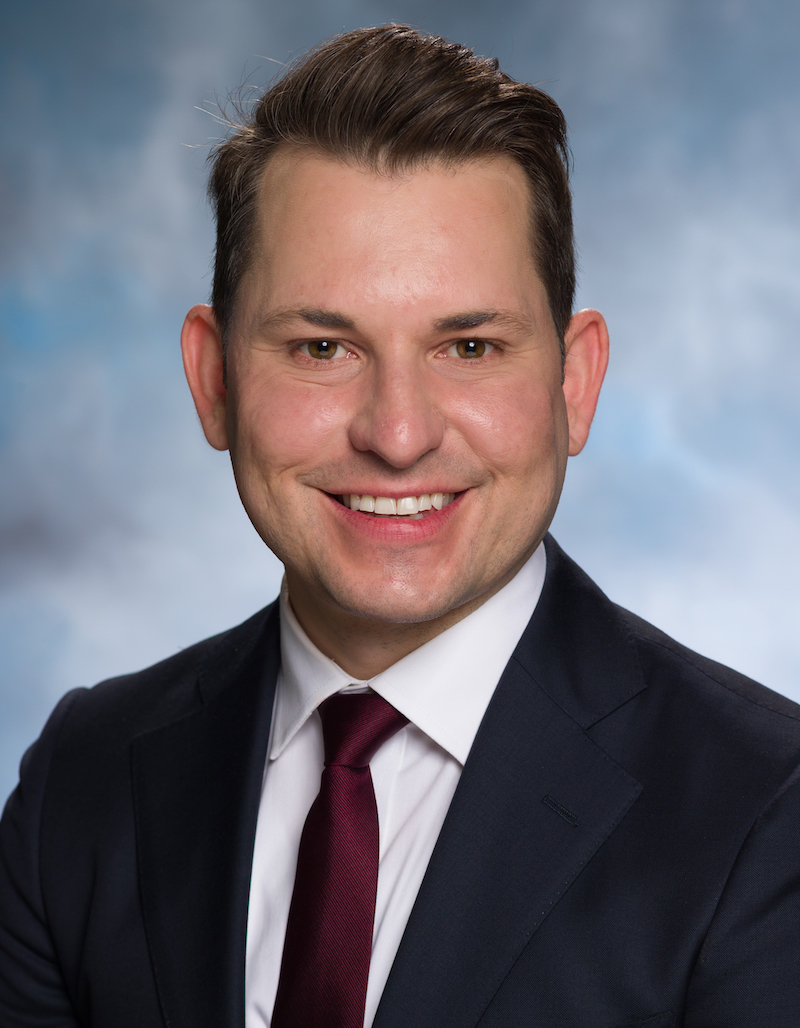
- Thoracic Surgeon
- Assistant Professor of Surgery, Thoracic Surgery
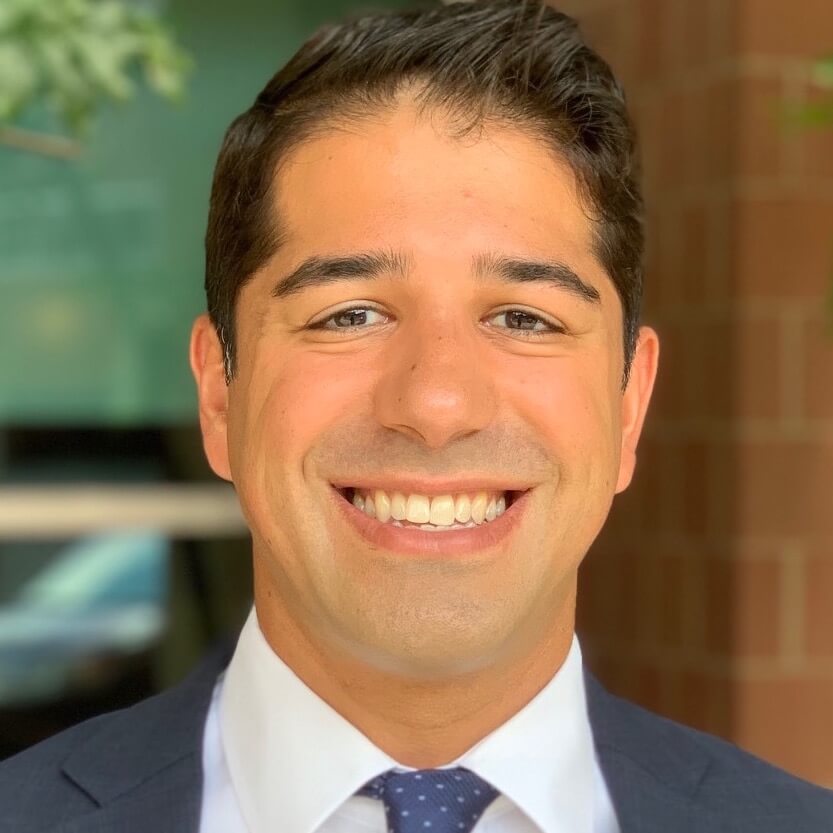
- Urologic Oncologist
- Director, Bladder and Urothelial Cancer Program, Rutgers Cancer Institute
- Associate Professor of Surgery, Rutgers Robert Wood Johnson Medical School
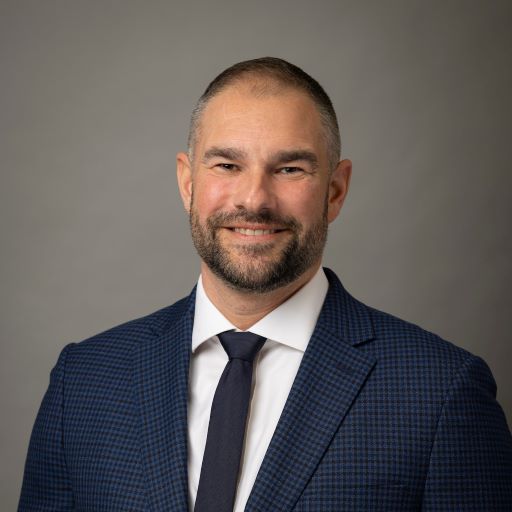
- Urologic Oncologist
- Associate Professor of Surgery, Rutgers Robert Wood Johnson Medical School
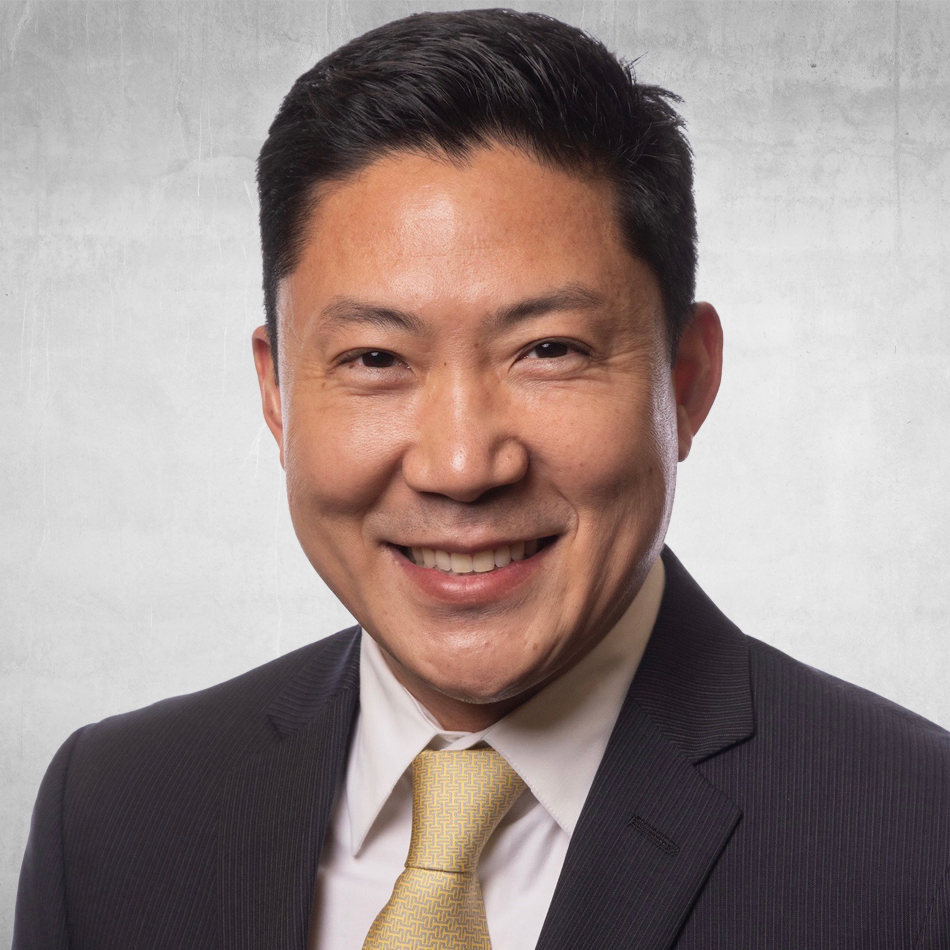
- Chief of Urologic Oncology, Rutgers Cancer Institute
- Program Director, Urology Residency Program, Rutgers Robert Wood Johnson Medical School
- Professor of Surgery, Rutgers Robert Wood Johnson Medical School
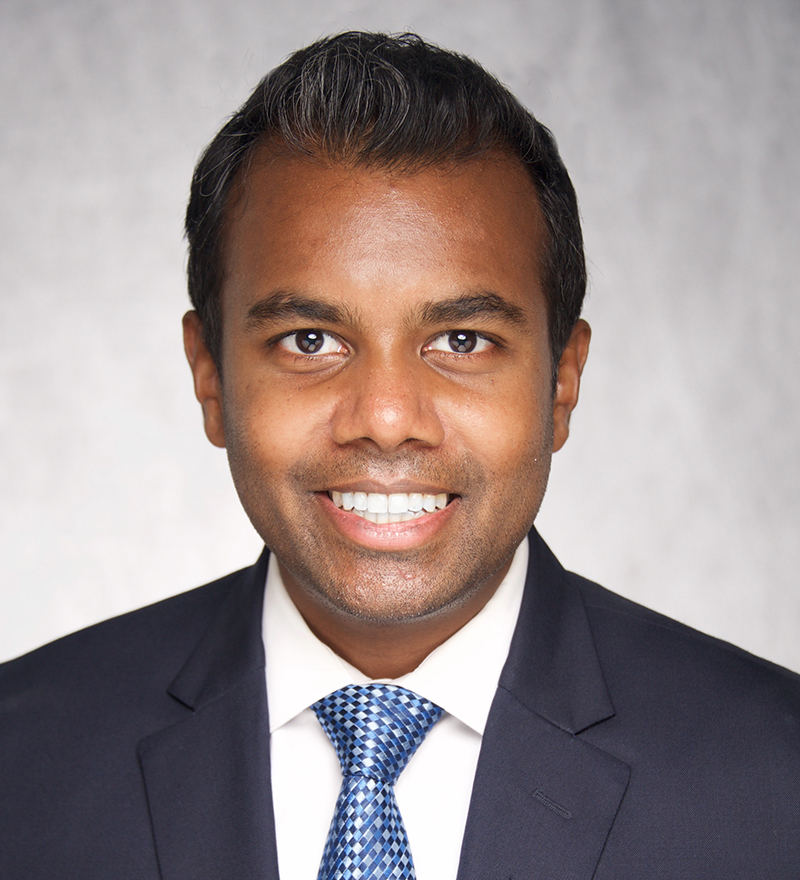
- Urologic Oncologist
- Director of Clinical and Translational Research in Urologic Oncology
- Associate Professor of Surgery, Rutgers Robert Wood Johnson Medical School
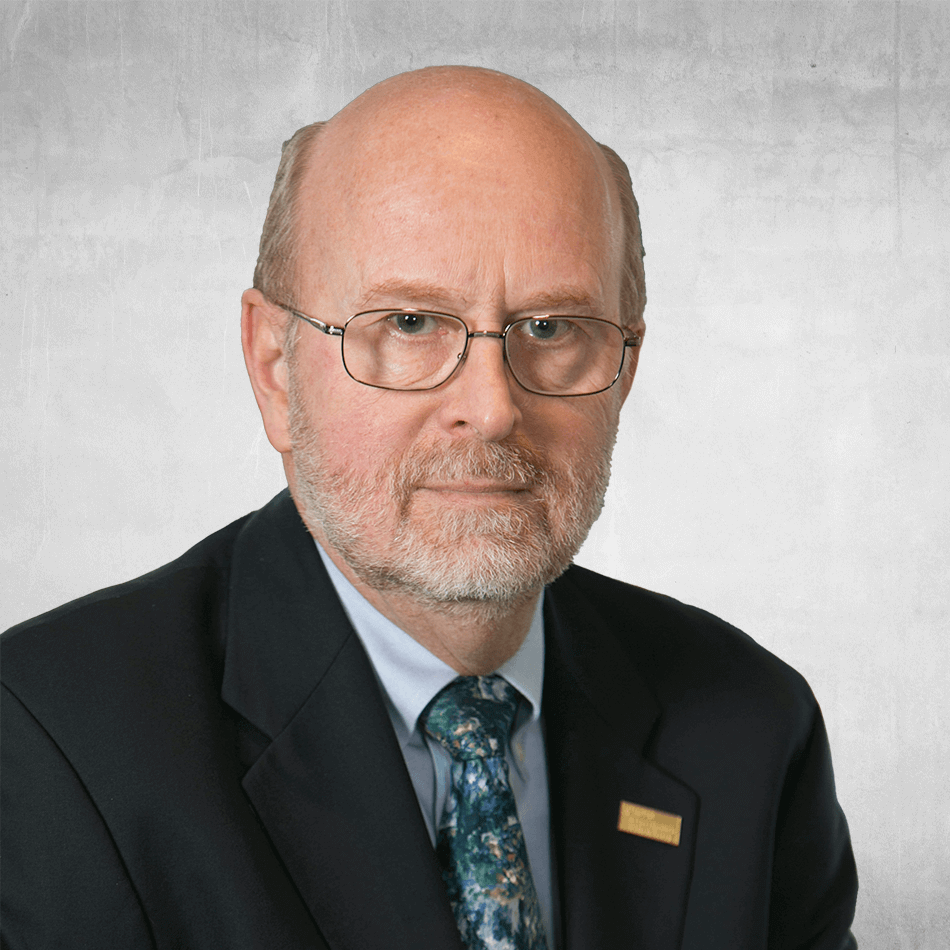
- Associate Director for Education and Training


